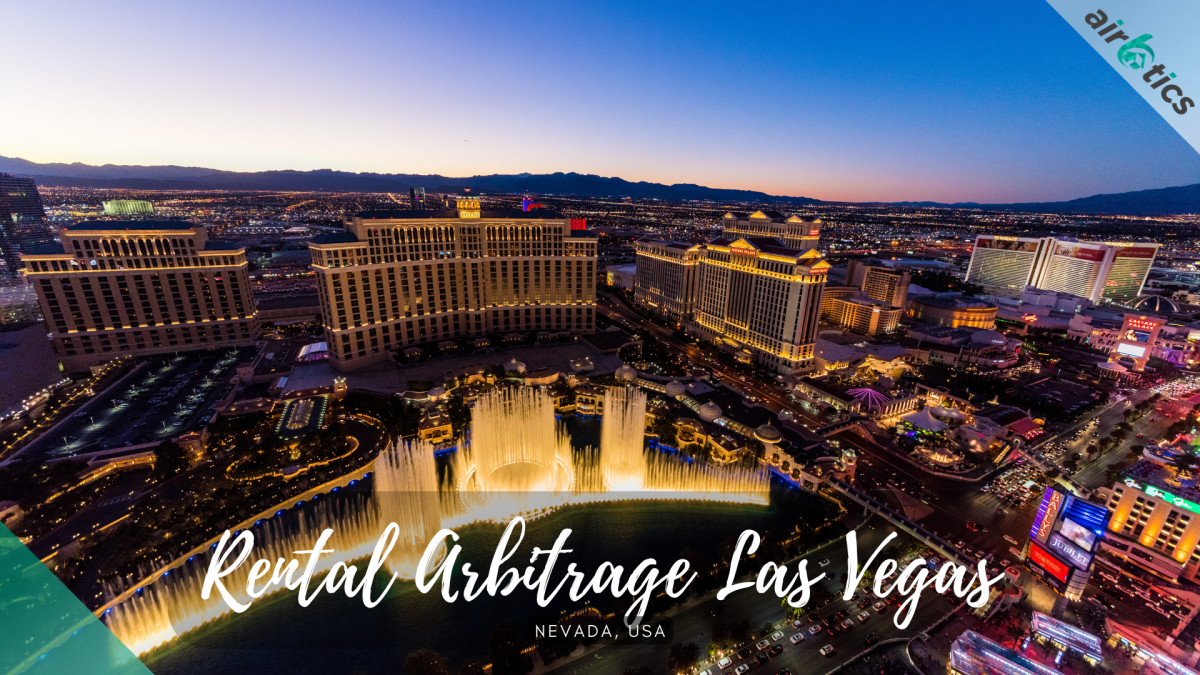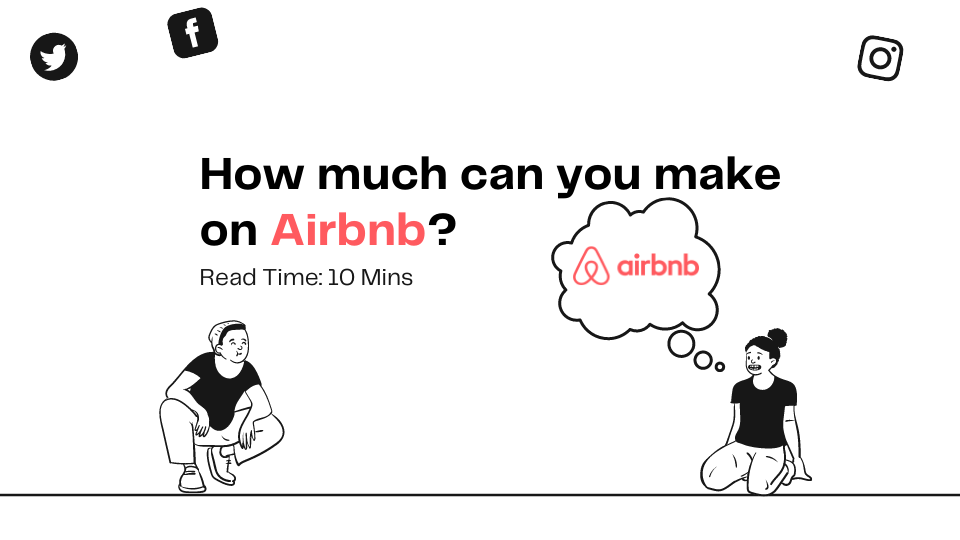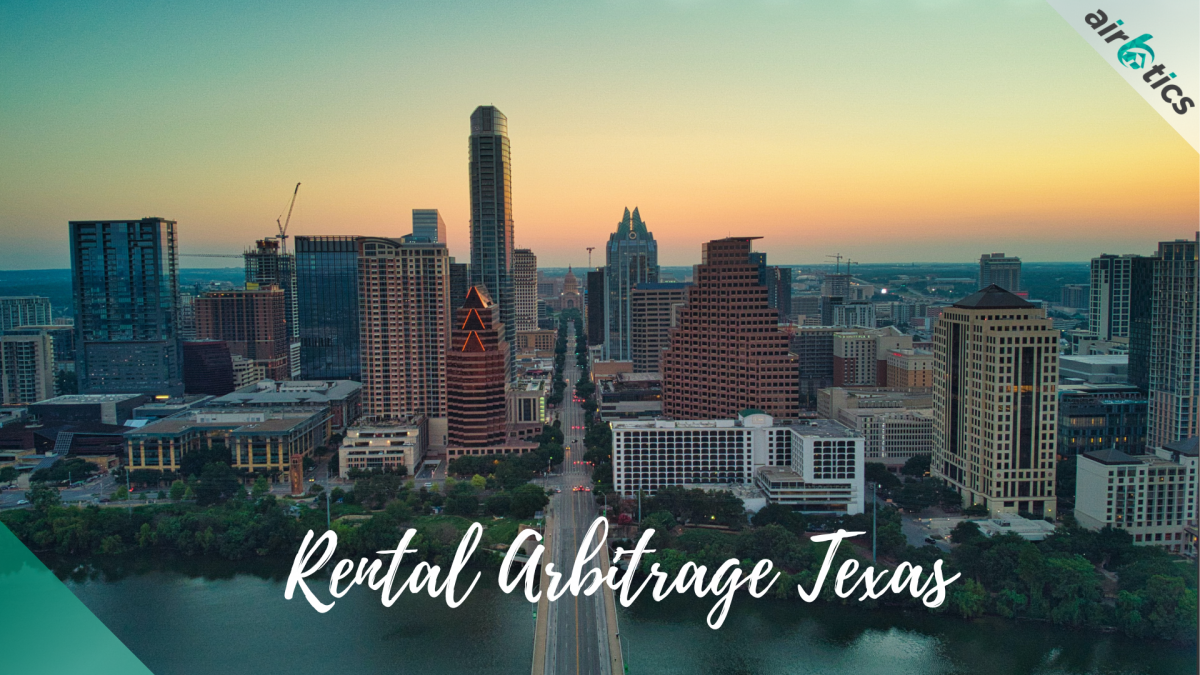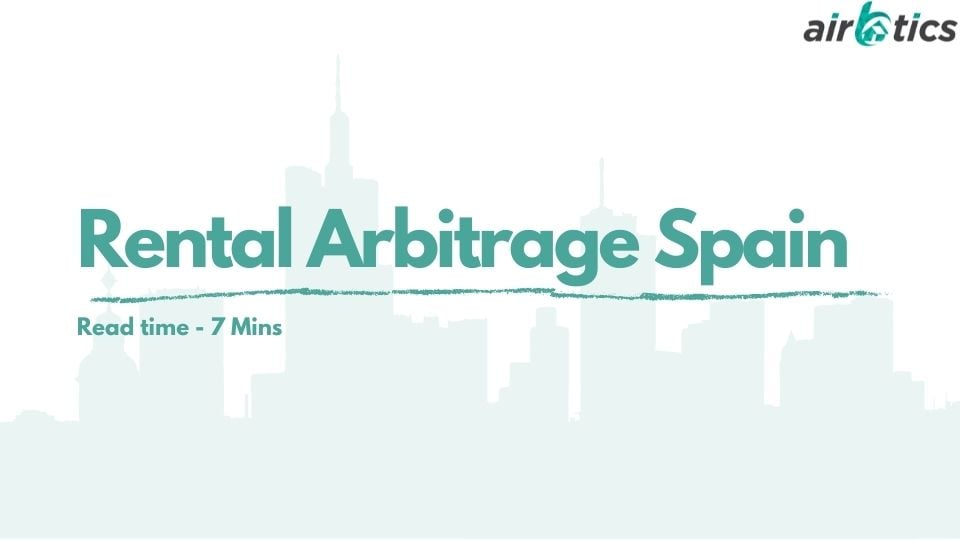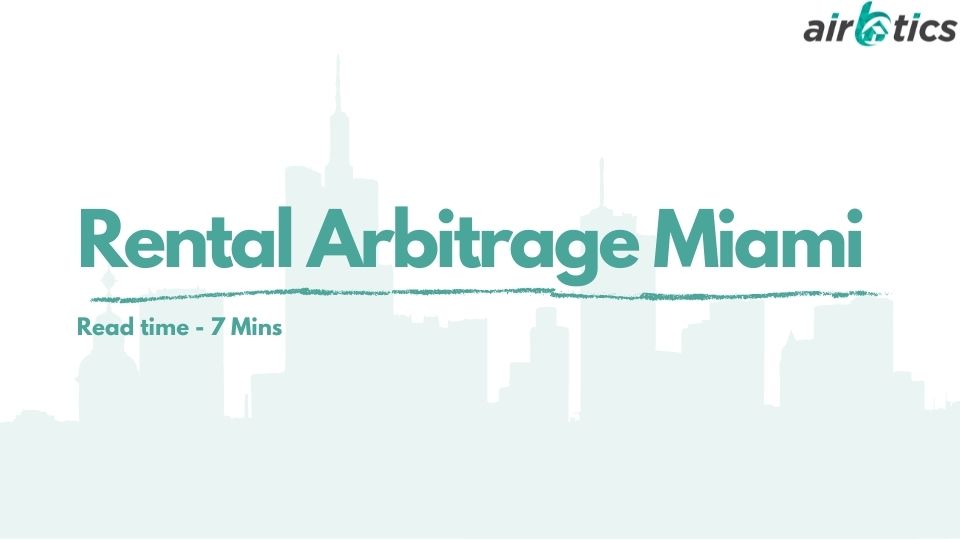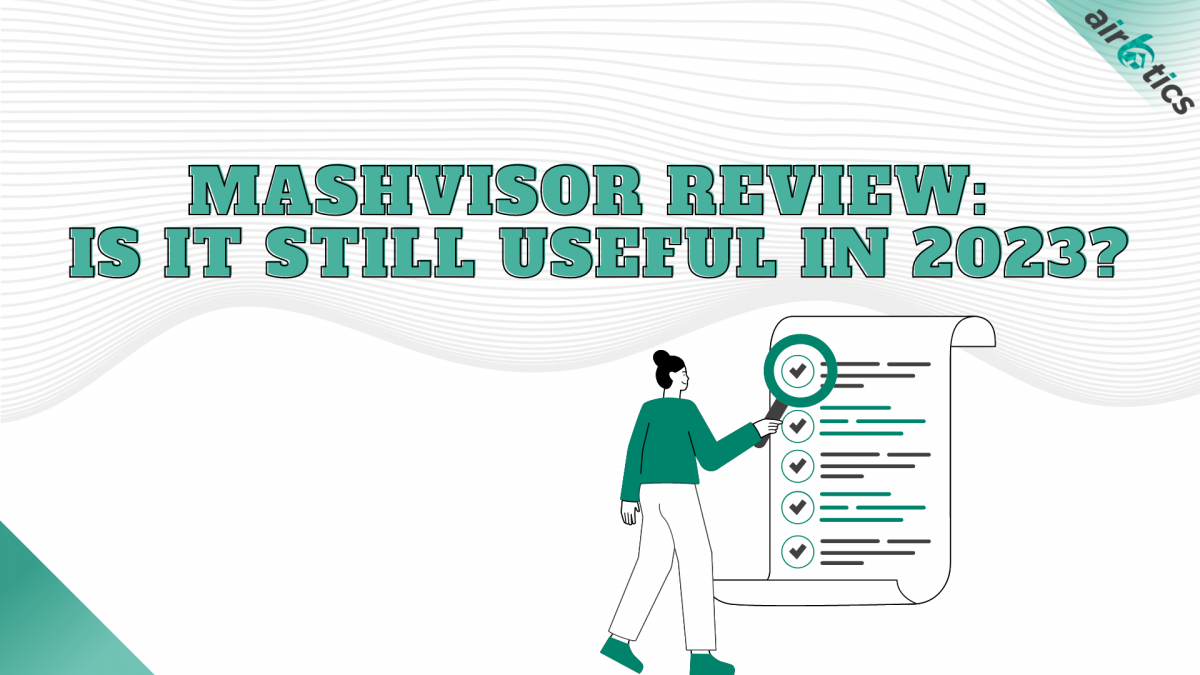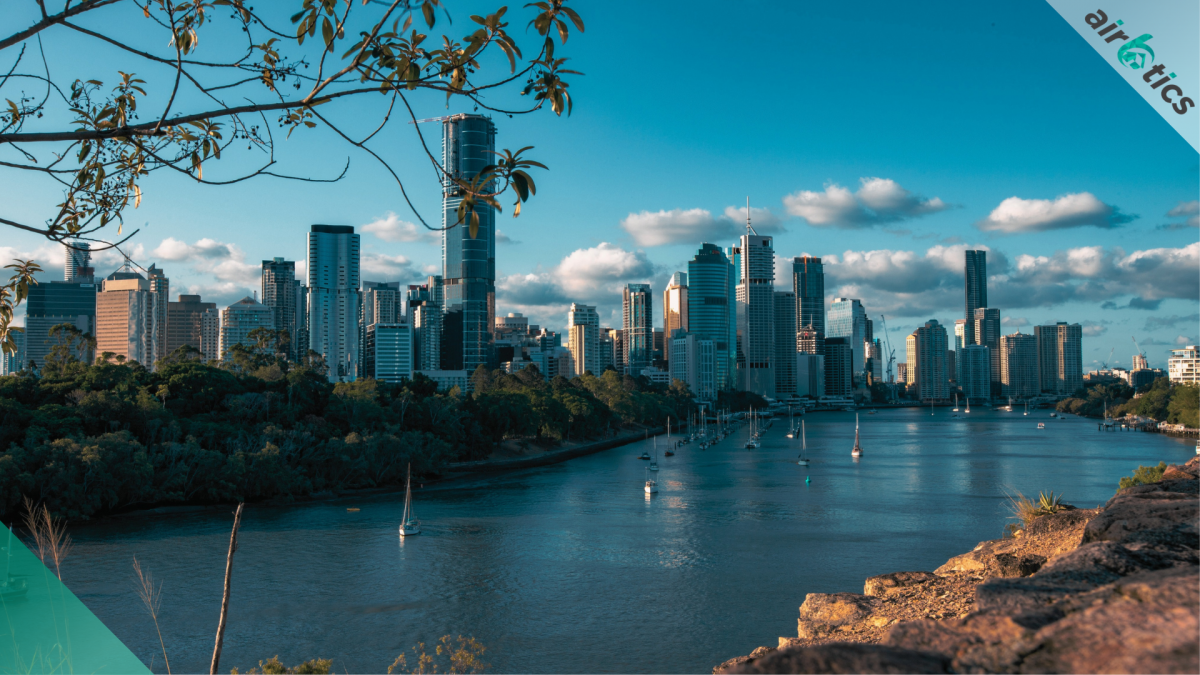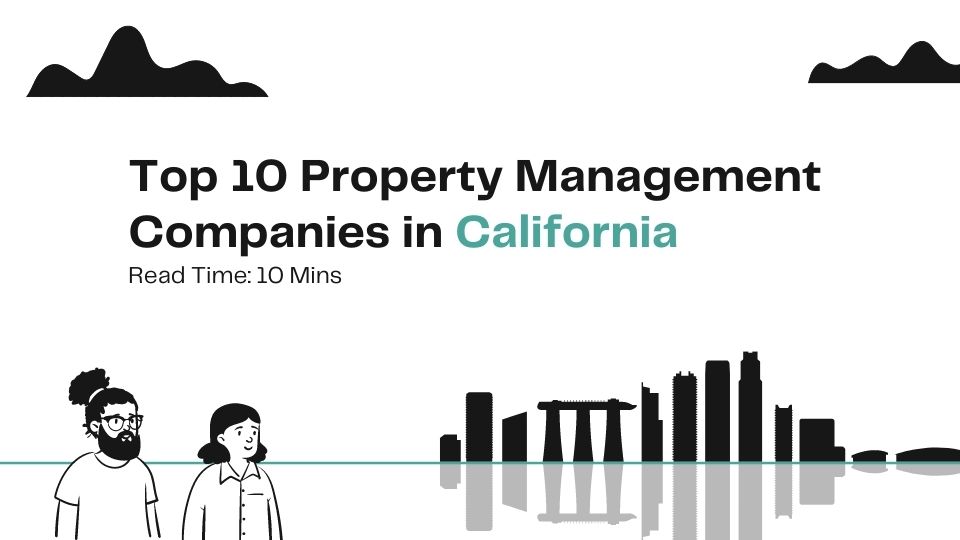How to start airbnb in canada, this question is in every new host’s mind when starting out their journey. Let’s get the answers today! Home > Resources > How to Start an Airbnb > How to Start Airbnb in Canada How to Start an Airbnb How to Start Airbnb in Canada How to start airbnb […]


